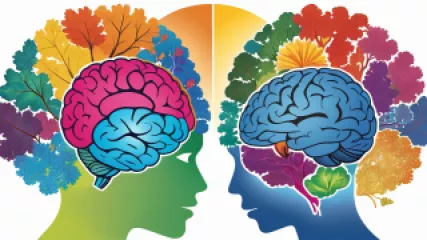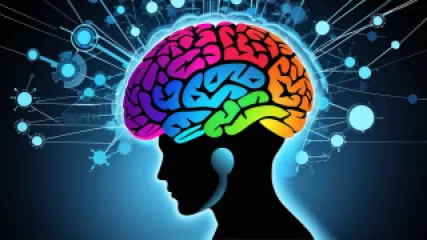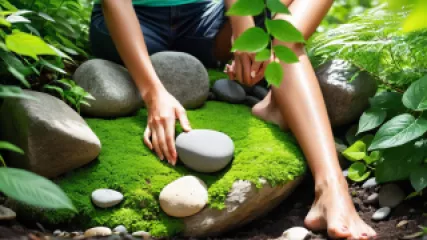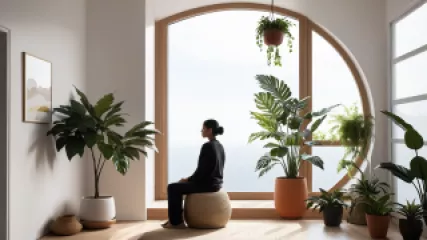My Transformative Journey from Trauma to Resilience
1 year ago
Trauma
The Ultimate Guide to Embracing Neurodiversity
1 year ago
Neurodiversity
How Color Psychology Can Transform Your Home Interiors
1 year ago
Psychology of Color in Interiors
What Are the Fundamentals of Psychology?
1 year ago
Psychology Fundamentals
Time Management Mastery: An Interview with a Productivity Expert
1 year ago
Psychology of Time Management
My Gratitude Practice: Transforming My Mindset for Positivity
1 year ago
Gratitude Practice
10 Best Nature-Inspired Ways to Boost Your Mental Health
1 year ago
Nature And Mental Health
10 Powerful Strategies for Healing from Emotional Abuse
1 year ago
Healing from Emotional Abuse
10 Surprising Ways Social Networking Impacts Your Life
1 year ago
Social Networking Impact
10 Effective Strategies to Manage Workaholism
1 year ago
Workaholism
Why Pride Matters for LGBTQ+ Online Therapy
1 year ago
Sexual Orientation
Exploring the Beauty of Relationship Diversity: An Interview with a Relationship Therapist
1 year ago
Relationship Diversity
How to Improve Mindful Communication for Effective Virtual Therapy Sessions
1 year ago
Mindful Communication
Reclaiming Your Personal Space: An Interview with a Mental Health Advocate
1 year ago
Personal Space Importance
Unlock Mental Toughness: Lessons from "Rocky" for Sportspeople
1 year ago
Psychology Of Sport














